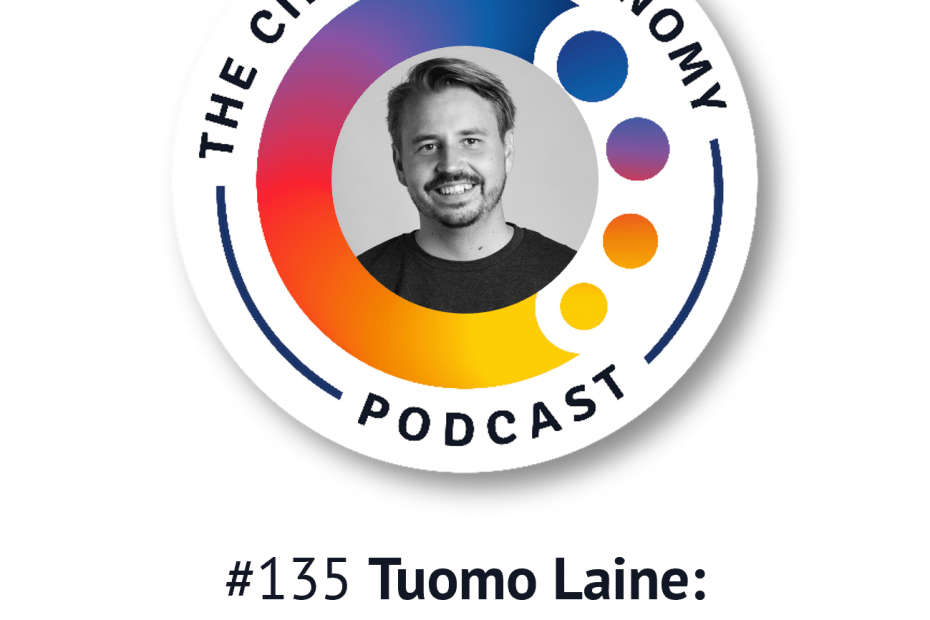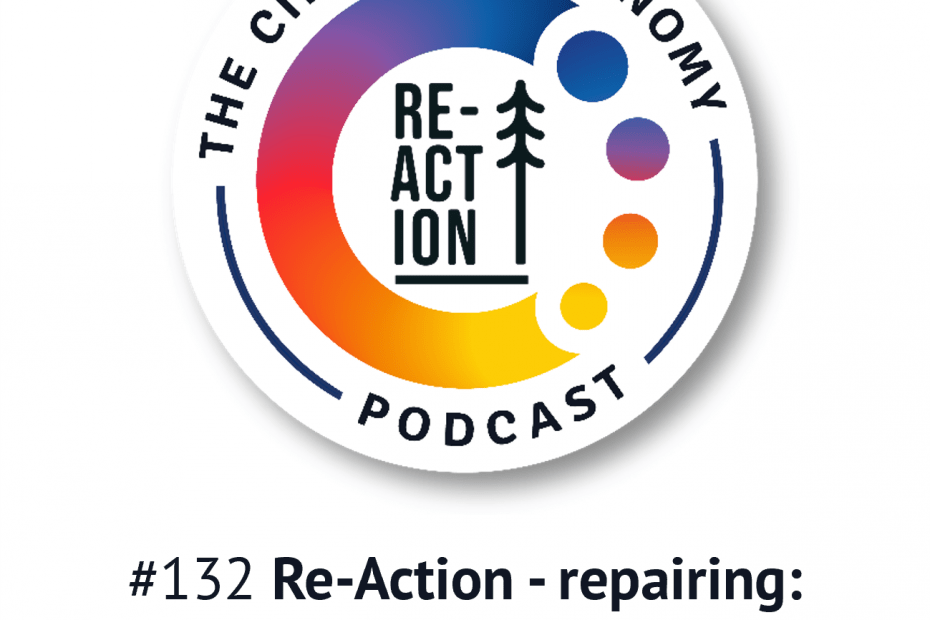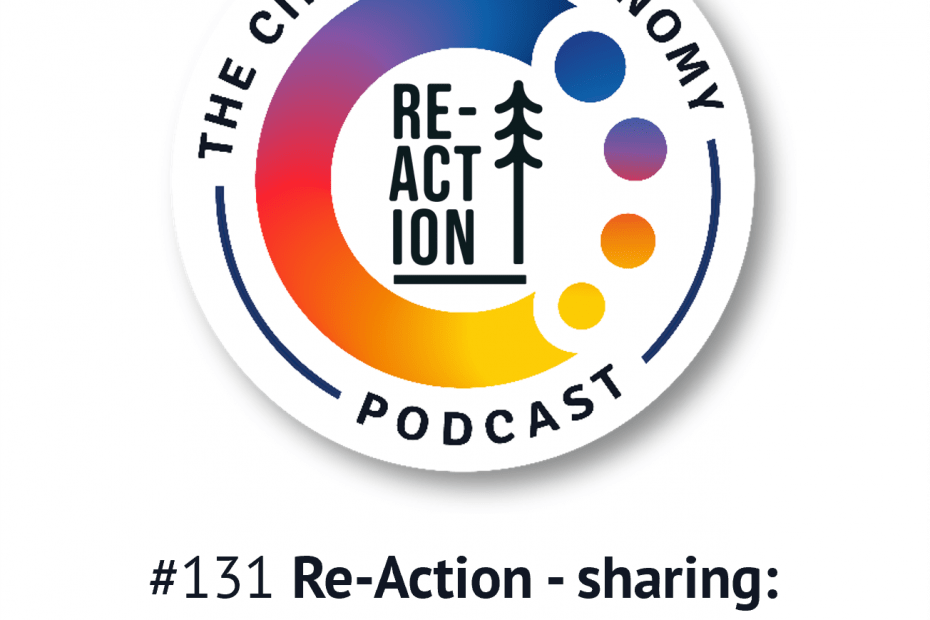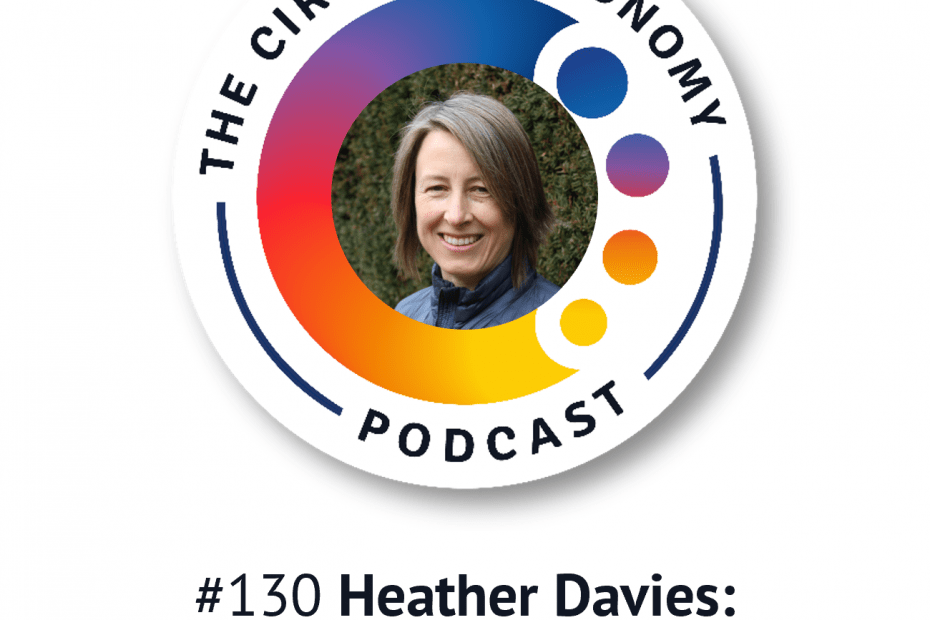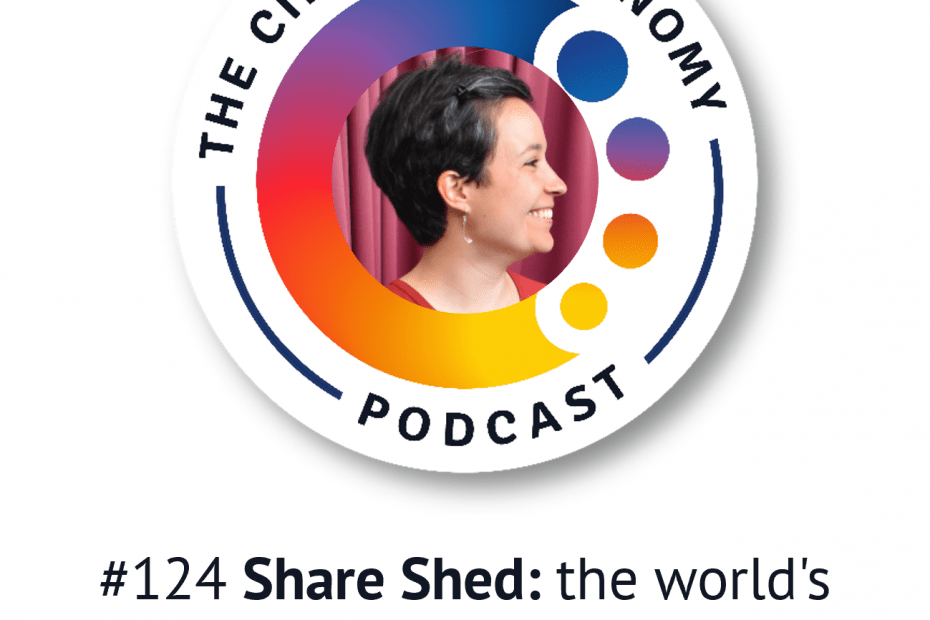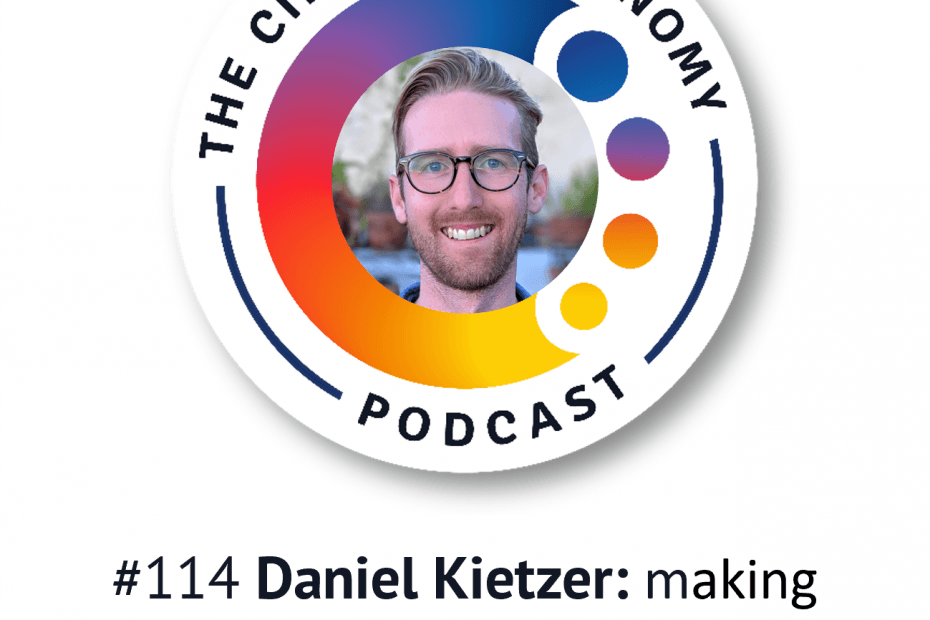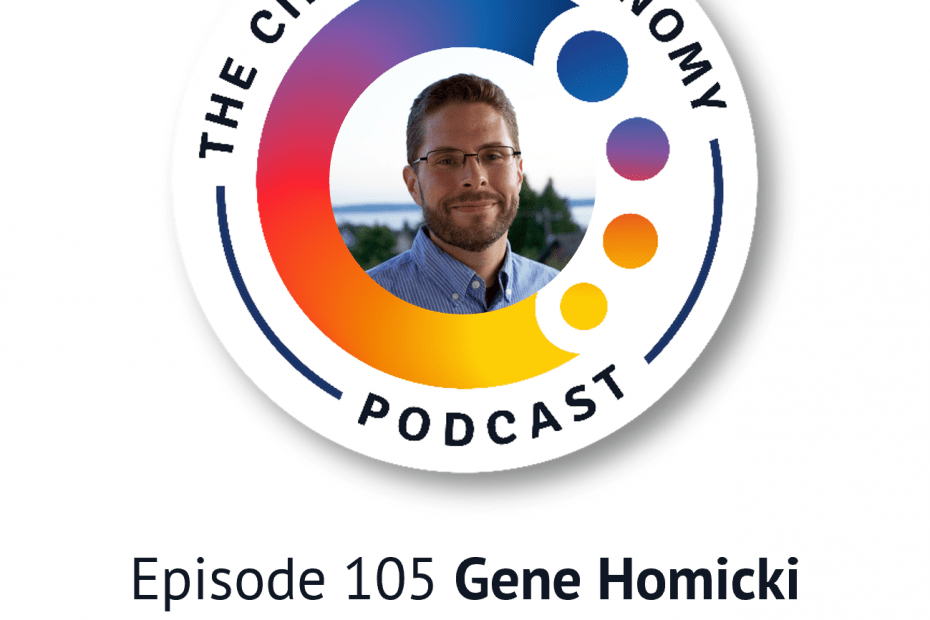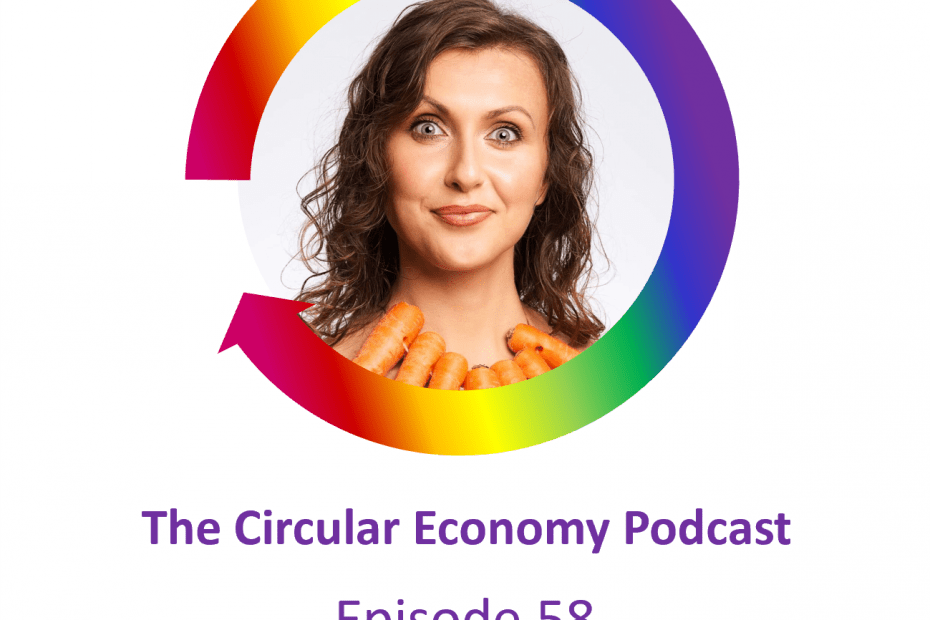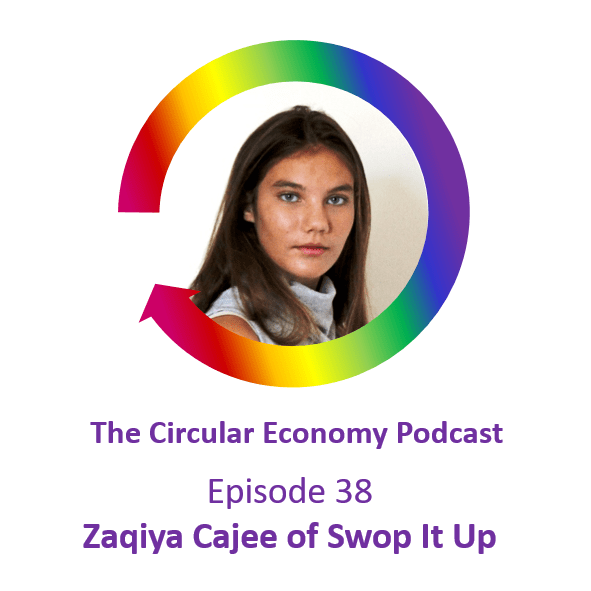142 Anna De Matos – igniting circular communities
Anna De Matos is the founder of several community-focused sharing initiatives, and a force of nature.
Originally from Brazil, Anna De Matos went to university in the UK and moved to Iceland in 2017. Inspired by a visit to Toronto’s tool library, Anna started a tool library and repair café, and managed to bootstrap and crowdfund her way to establishing these – all whilst dealing with the serious challenges of autoimmune disease.
Anna has degrees in Conservation and Restoration and is now channelling her skills and experience into helping people conserve and restore their things. She founded the Munasafn RVK Tool Library to promote shared resource use and has organized numerous repair café events, fostering a culture of repair and reuse within Icelandic communities.
Anna’s skills go beyond organising and bringing people together, and she’s also created a technology add-on to MyTurn’s Library of Things software to provide a self-service kiosk option for Libraries of Things.
Anna’s hands-on experience in running these initiatives provides her with unique insights into the practical needs of communities, which she has channeled into the creation of the Circular Library Network (CLN), helping communities around the world manage their own “libraries of things,” promoting sustainability through shared access to essential items – so we can all get more, from less.
Anna’s story is inspiring, and fascinating, with many forks in the road that led her to what she’s doing now.
